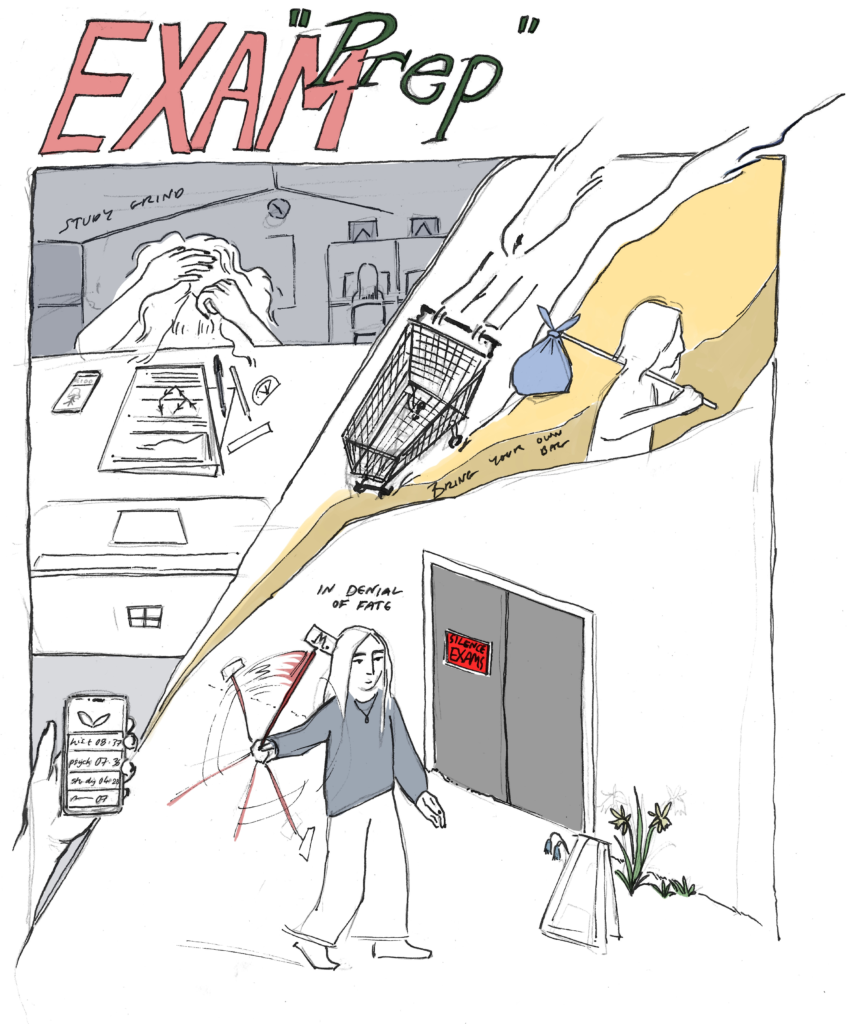Have you ever woken up on your birthday, filled with excitement and wonder, only to find out that despite your age incrementing by a whole year, very little has changed. I distinctly remember aged 6, turning 7, absolutely terrified that I was going to wake on my birthday to find I had grown too big for my bed (unsurprisingly this was a fear that was never realised). If you too have been disappointed by the lack of sudden changes that occur then look no further for I have complied a helpful list of all the things you are allowed to do when you turn a various ages.
Age 11: The typical age at which you enter secondary education (Welcome to all our lovely year 7s, I’m only 8 months late!). TFL require you (or your parents if you’re lucky) to pay (albeit at a discounted rate) for TFL tube and rail. You are the correct age for the dreaded 11+ exams and you are the same age as Harry when he first went to Hogwarts. You can also open a current account in your name.
Age 12: You are the same age as Percy Jackson in the Lighting Thief. You are able to buy and or rent a 12 or 12A rated film. You can be trained to perform in performances of a “dangerous nature” assuming you have been given a licence from the local authorities, the government have not specified further.
Age 13: You can finally start work! (Do be careful however as strict bylaws apply). Specifically, a part time job, so no 9-5 jobs for you! You can also have an account with social media companies like “twitter”.
Age 14: You are now legally responsible for wearing your own seatbelt so be warned, if the police ever catch you, it’s your responsibility! You can be fined up to £500 (which is much more than a fine for training for dangerous performances under 12).
Age 15: You’re allowed to sign up to the armed forces, but you can’t serve until you are 16 and will have to ask for parental consent. You are finally allowed to buy and or rent a 15 rated film. If convicted of a crime you can be held in a young offender institution for up to 2 years so be careful.
Age 16: This is a big one, you can vote in Scotland (although you do have to be a legal citizen in a Scottish town first, but if you’re desperate to have a vote a couple of years early then here’s your opportunity) and can register to vote in the rest of the UK. You will receive your national insurance number and can also buy aerosol paints. You may have noticed a glaring omission, but don’t worry, I haven’t forgotten the most important activity of all, at 16, you are allowed to fly a glider.
Age 17: At 17 you can donate blood (assuming you are not scared of needles and fit the NHS requirements). You are allowed to learn how to drive (upon being asked for driving advice my friend provided the words of wisdom “don’t hit pedestrians”) but forget driving, at 17 you can apply for a pilot and hot air balloon licence! And you can get married with parental consent in Scotland and Northern Ireland (clearly Scotland is the place to be!).
Age 18: You are officially an adult! You are able buy fireworks but be careful, they are only allowed to be bought on the following dates 15 October to 10 November, 26 to 31 December and 3 days before Diwali and Chinese New Year. You can be called up for jury service and can drive lorries weighing up to 7.5 tonnes.
Disclaimer: This is not a complete list, and is merely based on legislation produced by the UK government, furthermore this list should by no means be treated as a checklist, as unfortunately for all our sakes it’s quite difficult to turn into Percy Jackson.




